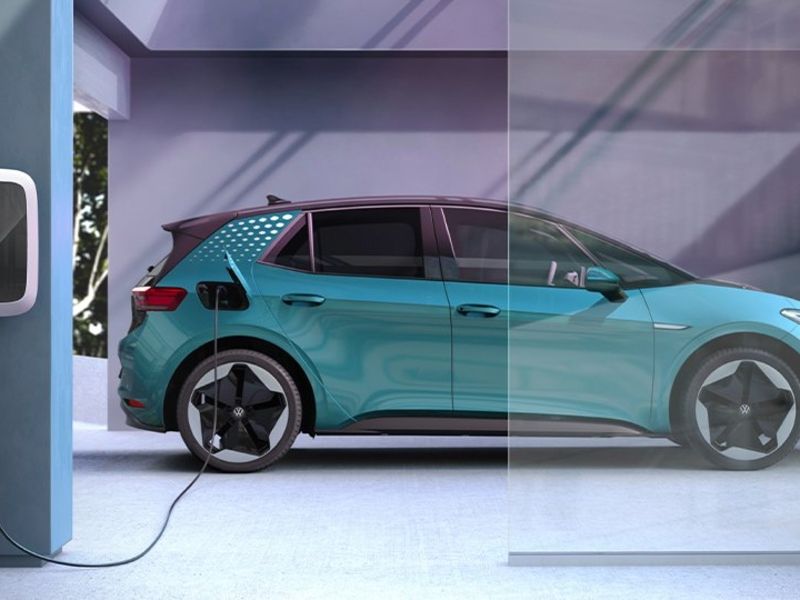
FRANKFURT — Volkswagen requires about 300 gigawatt hours worth of battery cells a year by the end of the decade for its ambitious roll out of electric vehicles in Europe, two people familiar with the matter told Reuters.
The supply chain update is part of the world’s second-largest automaker’s strategy to raise the share of fully electric vehicles in Europe to more than 70 percent by 2030 at its core brand, details of which were unveiled last week.
So far, Volkswagen, which sources batteries from LG Chem , Samsung SDI, SK Innovation and CATL, expects annual demand in Europe to be more than 150 gigawatt hours from 2025 and to be at a similar level in Asia.
CEO Herbert Diess and Thomas Schmall, Volkswagen’s board member in charge of technology, will unveil details of its battery and charging infrastructure strategy during a Power Day scheduled for March 15, the people said.
Volkswagen declined to comment.
The fresh target comes as Volkswagen accelerates its push into electric mobility to close a gap with Tesla, efforts that have led the group’s preferred stock price to hit its highest level in nearly six years this week.
“We think both Tesla and Volkswagen are at the forefront, in different areas though. Tesla is clearly leading on the battery side, including the battery pack integration in the vehicle,” UBS analyst Patrick Hummel told journalists this week.
“But Volkswagen has put what we think is the best scalable EV platform on the road. Very cost efficient and really covering all segments from compact cars to large SUVs.”
Bernstein analyst Arndt Ellinghorst reckons Volkswagen needs 420 gigawatt hours worth of battery cells globally by 2030 if it wants to sell 7 million battery electric vehicles, requiring more than 20 billion euros ($23.8 billion) in annual spending.
Raised targets for electric vehicle expansion at other carmakers are likely to trigger a supply shortage of battery cells in the medium term even though capacity is being expanded globally.
“We could very much see a situation similar with semiconductors when you start to have conversations about cell supply disrupting … production plans,” UBS analyst Tim Bush said, giving automakers that have secured supply an advantage.